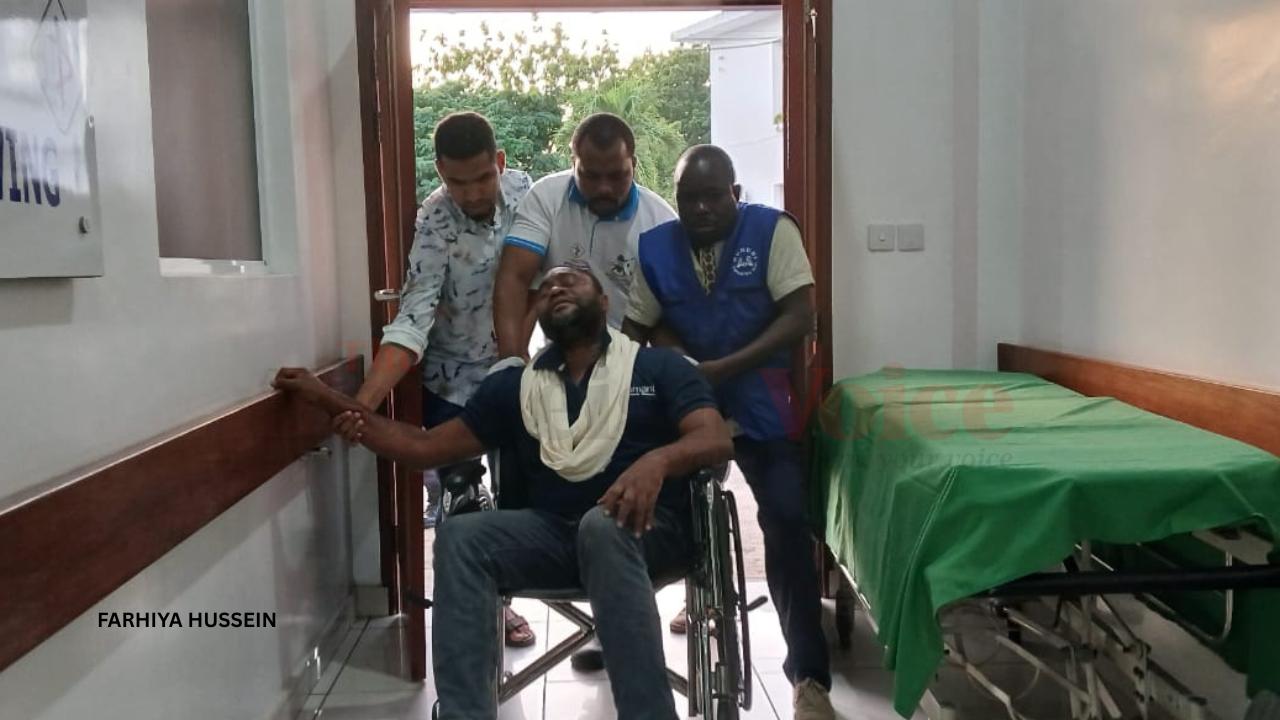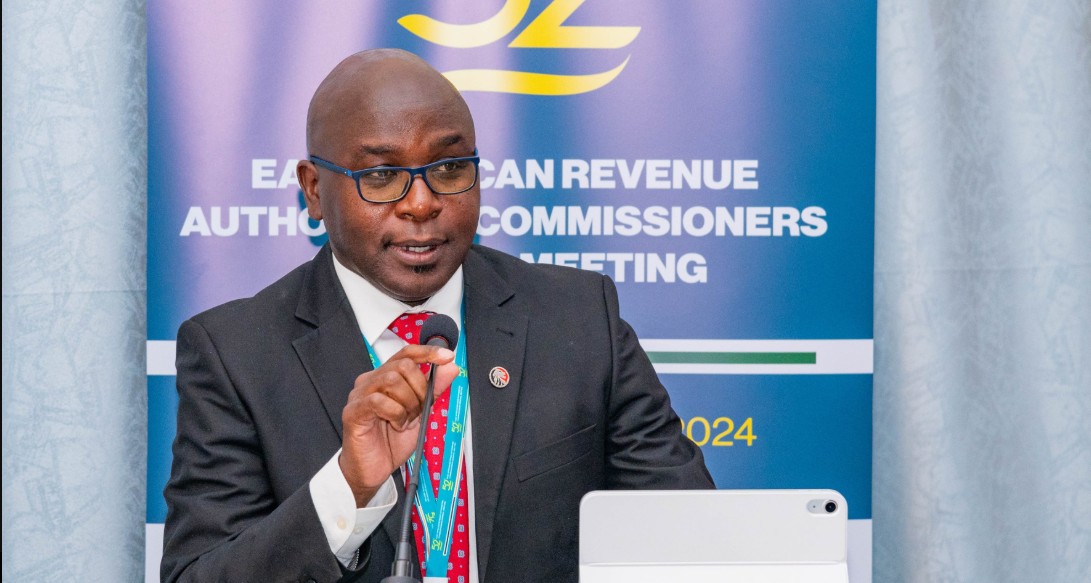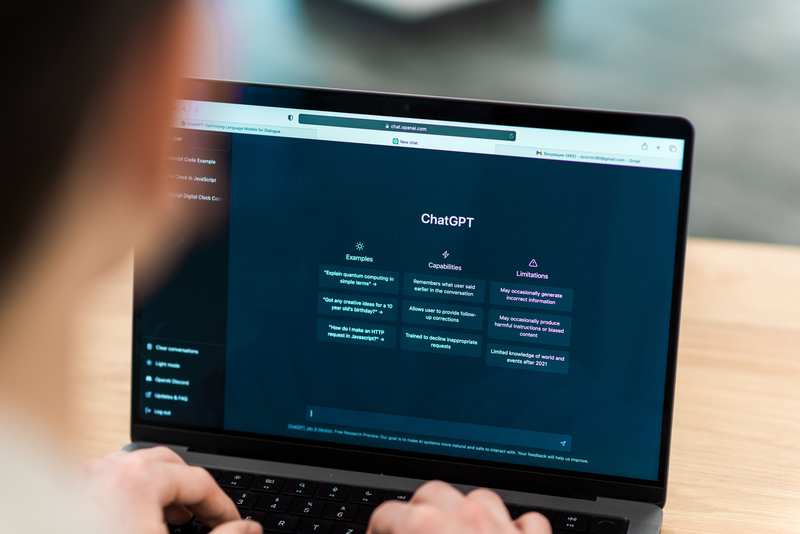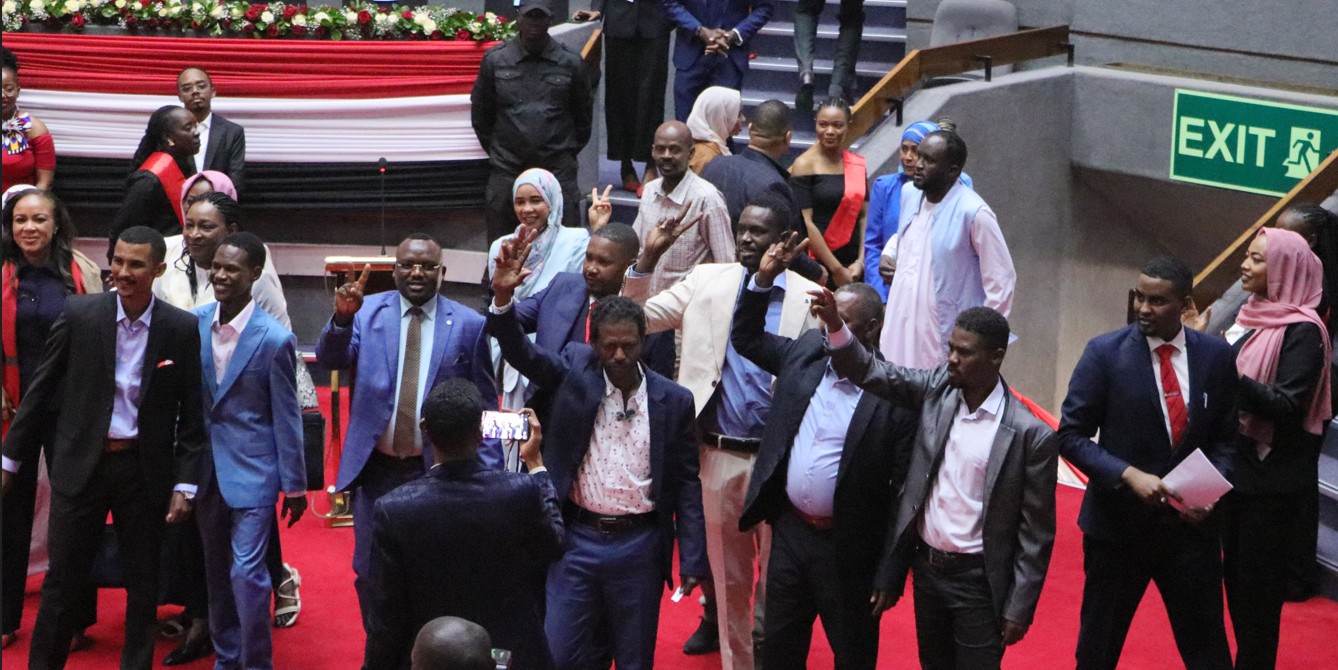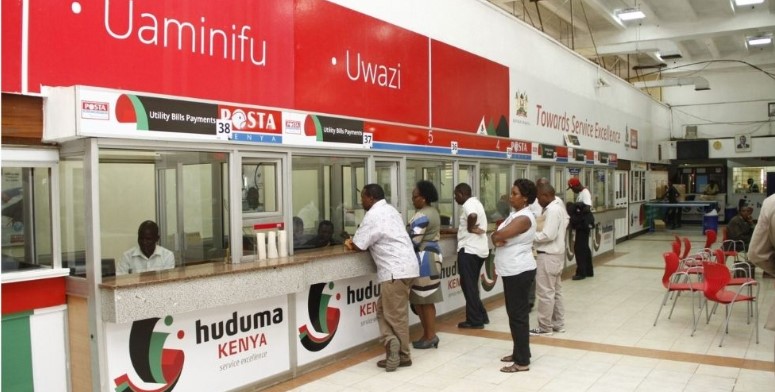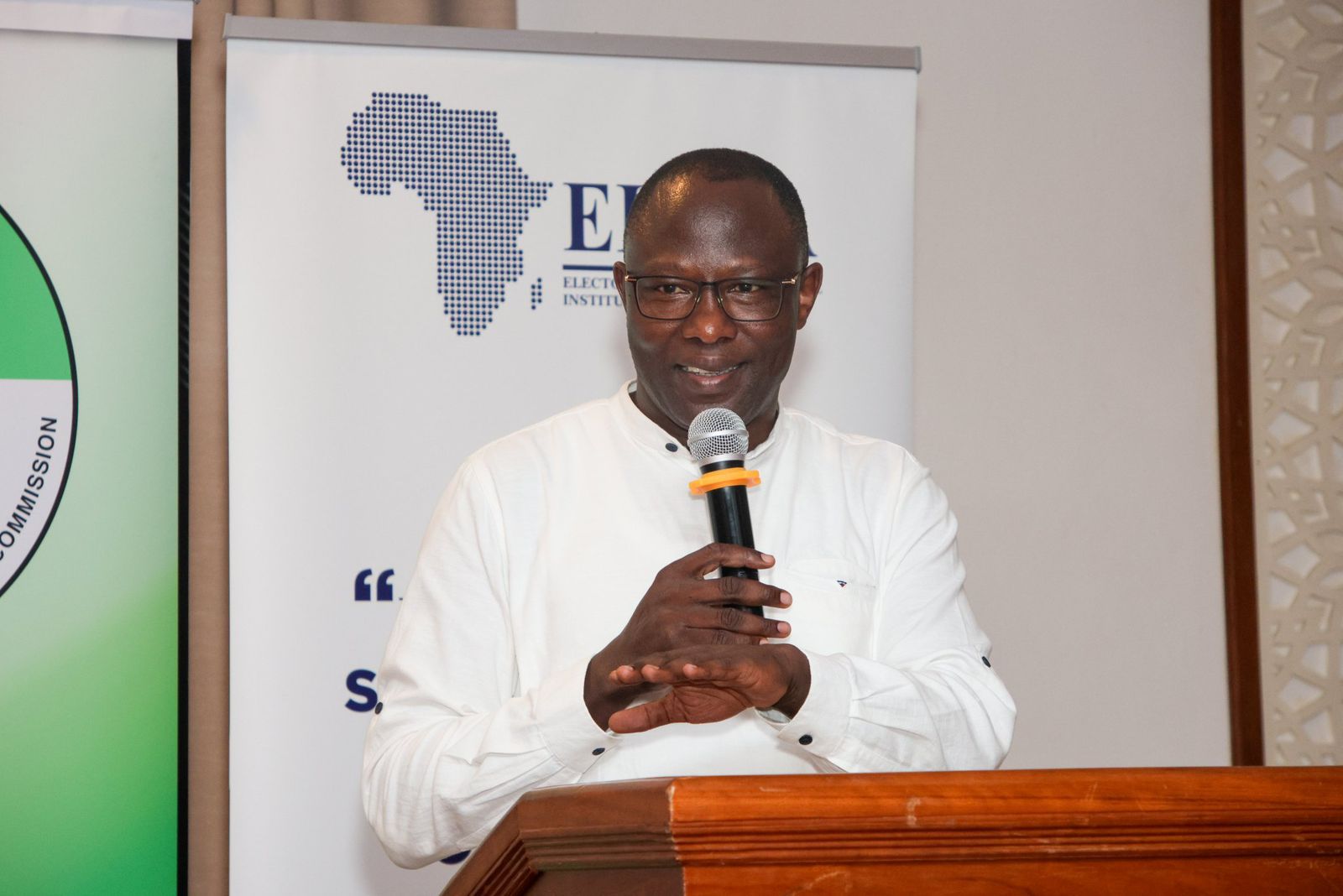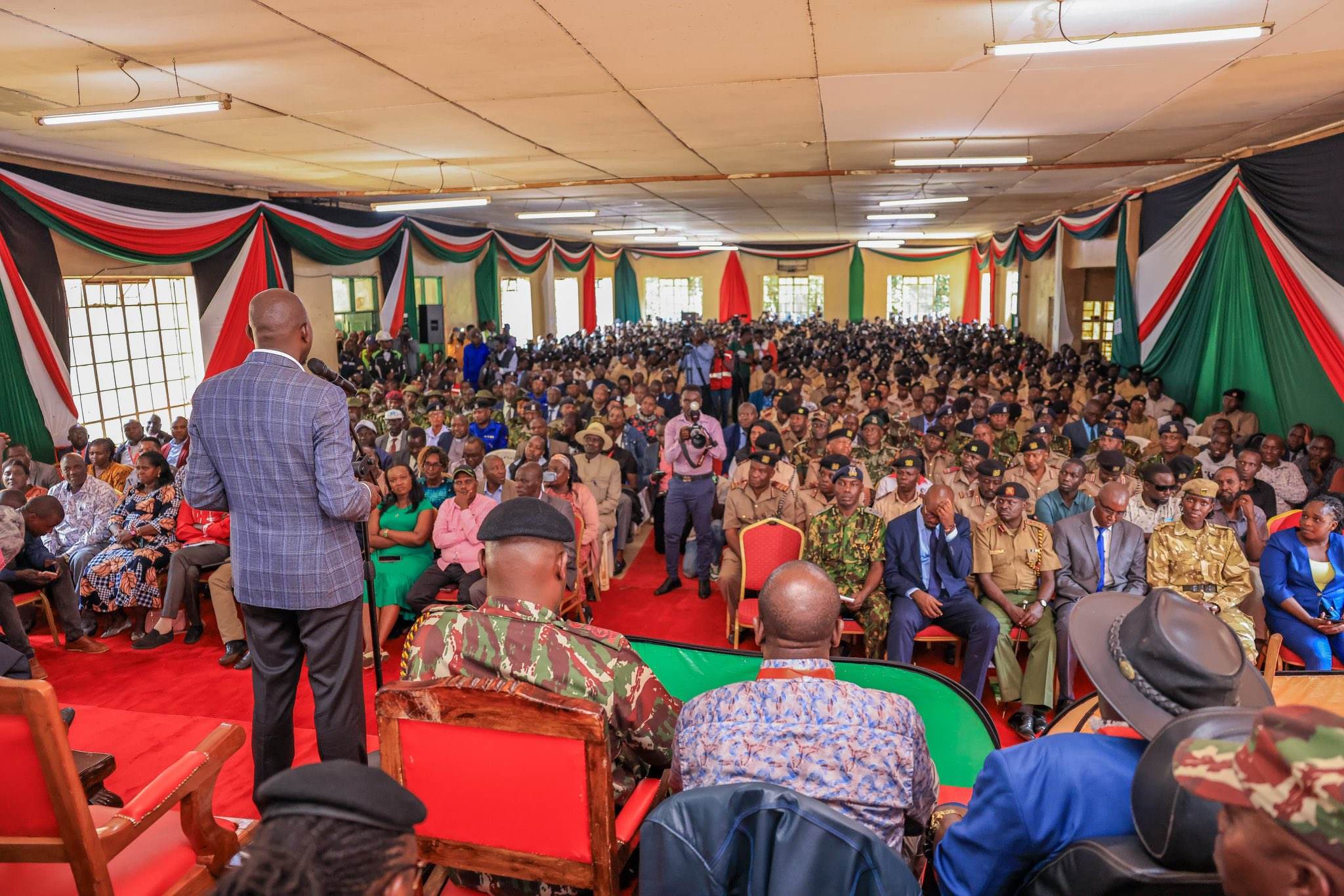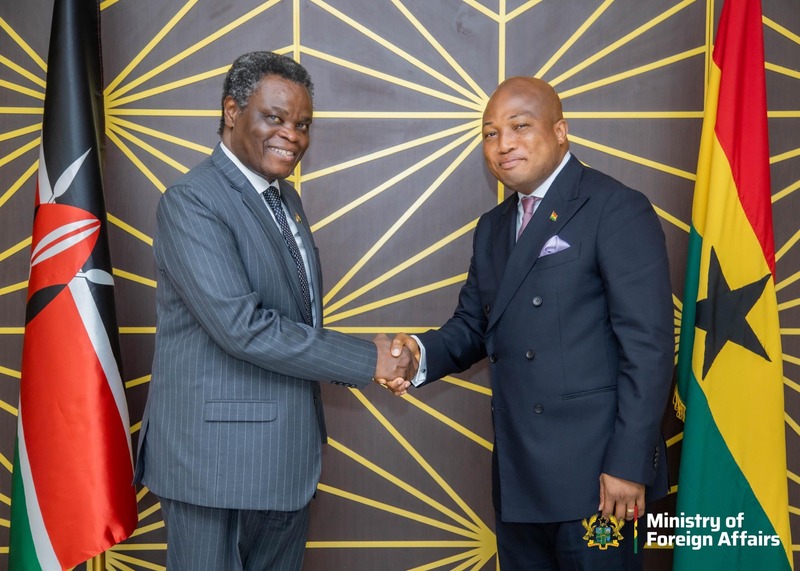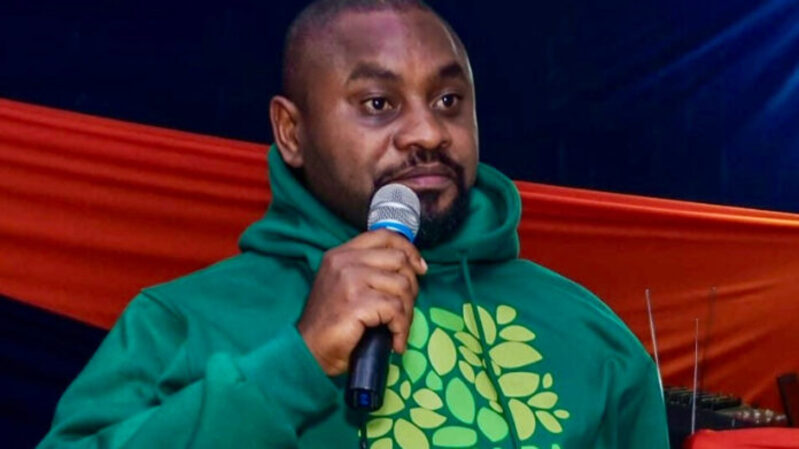CS Mbadi fires back at critics over school capitation shortfall, pins blame on Parliament
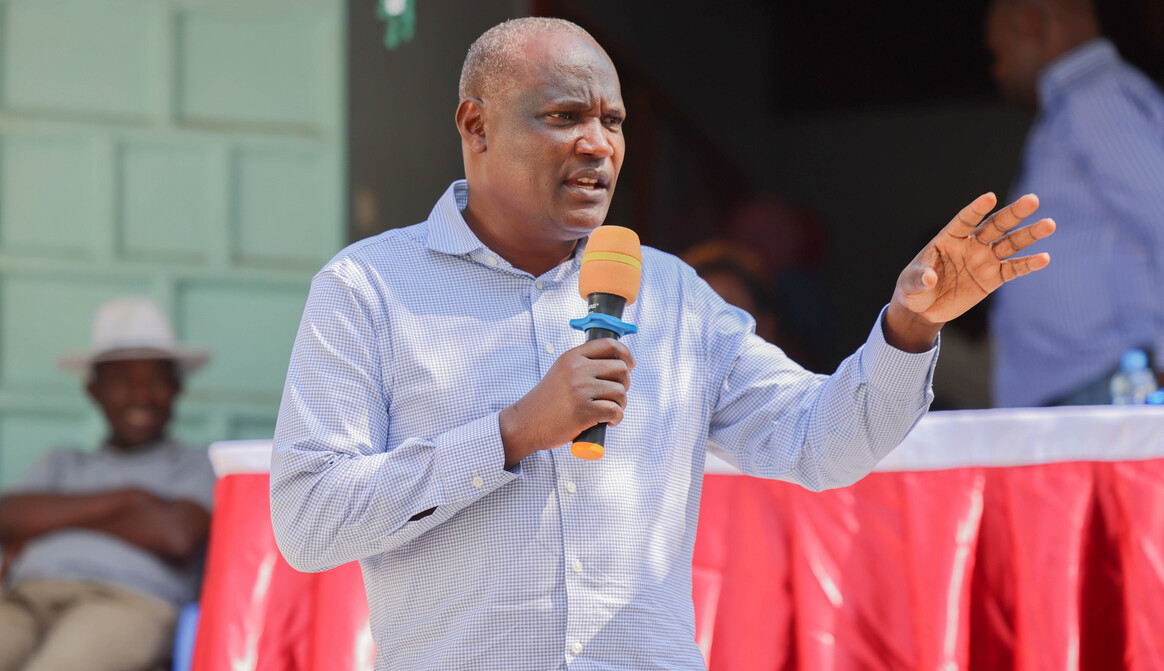
Under current policy, students in day secondary schools should receive Sh22,000 per year, junior secondary students Sh15,000, and primary school pupils Sh1,400.
Parents across the country struggling with extra levies in public schools may soon know where the blame lies.
National Treasury Cabinet Secretary John Mbadi has pointed a finger at Parliament, saying the shortfall in school capitation funds is a result of lawmakers approving budgets that fall below the required amounts to support learners.
More To Read
- CS John Mbadi pledges permanent placement for 20,000 intern teachers from January 2026
- Kipchumba replaces Mbadi in National Assembly as IEBC reallocates special seats
- Governors slam treasury over free education funding cuts
- Free education here to stay- PS Julius Bitok clarifies after uproar
- CS Mbadi under fire for saying State can’t fully fund free education
- Education CS Julius Ogamba put to task over Sh1.3 billion 'ghost school scandal'
Speaking during a thanksgiving ceremony in Suba South on Friday, Mbadi said the Treasury is disbursing all the money allocated, but the amount approved by Parliament is simply not enough to fully support learners in public schools.
“We disbursed the whole amount allocated in the budget, but still, it is not enough,” he said. “So the only thing I did yesterday was to confirm that yes, we have allocated so much budget and we are giving it in full. But it is not enough to give every child in Kenya Sh22,000.”
Under the current policy, students in day secondary schools should receive Sh22,000 per year, junior secondary students Sh15,000, and primary school pupils Sh1,400.
However, Mbadi admitted that the Treasury has never been able to meet the Sh22,000 per student target.
“If you divide the current budget by the number of students in secondary schools, you will only get about Sh17,000 per student. That has been the reality even during Uhuru Kenyatta’s tenure,” he explained.
The Treasury boss took issue with members of Parliament who have raised concerns about the shortfall, saying they are the same people who approved the budget reductions.
“The latest budget, the capitation we had proposed, Parliament reduced it further. So once a budget has been allocated, where do I get the money to pay the full Sh22,000?” he posed.
“Whatever is there will be paid in full. The first and second terms have been paid in full. We are waiting to pay the third term, but that money is not enough.”
Mbadi also addressed claims that free secondary education was started by Mwai Kibaki. He clarified that Kibaki introduced free primary education, while his successor, Uhuru Kenyatta, initiated free secondary schooling through a subsidised model.
“People say Kibaki was able to have our children learn for free. It’s not true. He made sure our children went to school for free in primary school. For secondary school, it is President Uhuru Kenyatta who started this initiative,” he said.
Mbadi pointed out that even during Kenyatta’s presidency, the full Sh22,000 capitation was never realised. He acknowledged that school heads and principals often complain about incomplete disbursements, but insisted the Treasury always releases the full amount approved in the budget.
“That is why you hear principals saying they have not received the full capitation,” he said. “But the government has always disbursed what is allocated in the budget.”
To bridge the funding gap, Mbadi proposed that a portion of the National Government Constituency Development Fund (NG-CDF) bursary allocation be used to support full capitation. He said 40 per cent of the NG-CDF, which amounts to about Sh21 billion, could be pooled and distributed equally among all learners.
“If we are truly serious and want full capitation, we could agree that out of the Sh58 billion NG-CDF, the 40 per cent for bursaries can be used to top up capitation,” he suggested. “Then no student would need to go to their MP for a bursary because the government shall have paid full fees.”
He further proposed consolidating all bursary schemes from different sources, including the NG-CDF, the GAAF, and county governments, into one basket for fair distribution to all learners.
“We mop it up and put it in one basket to give every child in Kenya equal support. If you have a better suggestion, bring it. That is mine as the Treasury and Economic Planning Secretary,” he said.
Mbadi noted the ongoing pressure on government revenue and said efforts are underway to improve collections and close the capitation gap. He urged lawmakers to cooperate with the Treasury in seeking long-term solutions rather than placing blame.
“We are looking at revenue collection, and our priority is to make sure that we take the allocation to where it should be,” Mbadi said. “But pretending that we are currently financing every student at Sh22,000 is misleading. We have a shortfall, and that is a fact.”
Top Stories Today

